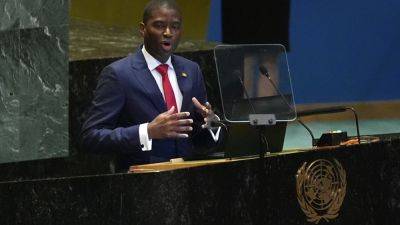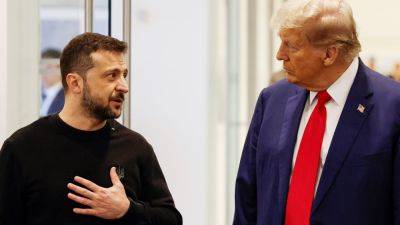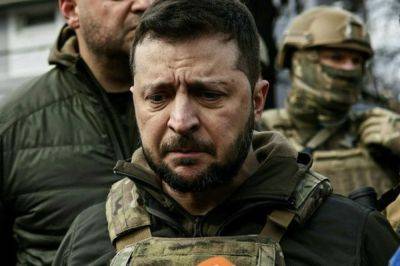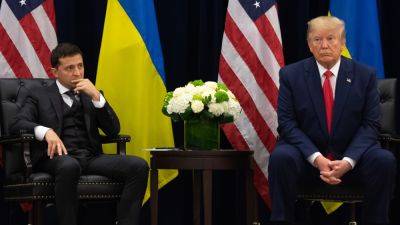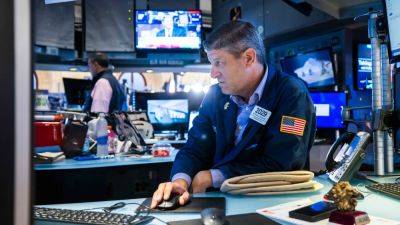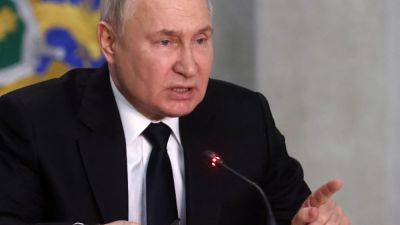NATO's new chief will have to confront threats outside the alliance — and within
As the Netherlands' former Prime Minister Mark Rutte becomes the new General Secretary of NATO on Tuesday, his leadership skills will be put to the test quickly as the bloc confronts both external threats and vulnerabilities within the alliance.
Rutte, a figurehead in Dutch politics for several decades and prime minister from 2010 to 2024, is well-known as a consummate diplomat and consensus-builder, able to keep often disparate parties and lawmakers on side.
Ascribed the nickname "Teflon Mark," Rutte has been adept at avoiding political crises at home during his career and he's likely to need those skills — and adeptness at managing often tricky geopolitical personalities and relationships — to navigate testing times for the NATO alliance.
Not only is the bloc facing the ongoing challenge of the Russia-Ukraine war — a conflict which shows no signs of ending as Russia commits more troops and spending to the fight — but also heightened tensions with superpower China, and "rogue states" North Korea and Iran.
The Western military bloc also faces uncertainties closer to home, most significantly with the U.S. presidential election next month and the potential for a second term in office for former President Donald Trump, a man who has openly criticized and berated NATO members' spending and the alliance's posture when it comes to its main adversary, Russia.
Signalling he would put his powers of persuasion into practice in his new role, Rutte said Tuesday that he would be looking to encourage NATO's 32 members to increase defense spending — a perennial bugbear between member states despite it having broadly improved among member states in recent years, data shows — and to keep the transatlantic bond in the alliance "rock solid."
"As


